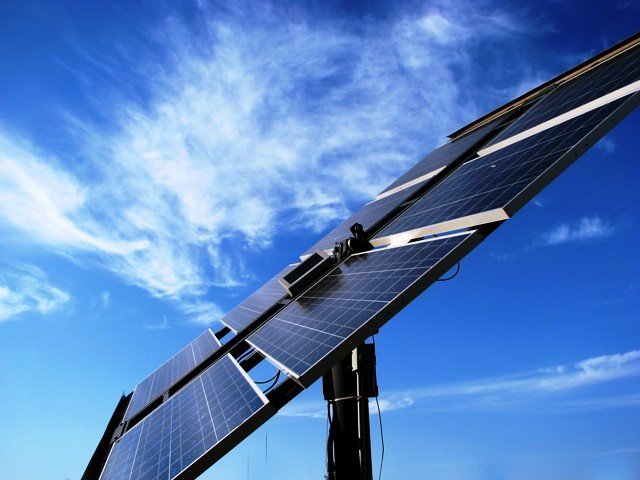
The station will provide real-time data regarding the potential of solar and wind energy to harness it for power generation.
"This project will result in continuous research towards utilisation of renewable energy resources for solving the problem of energy shortage in the country," said MUET vice-chancellor Prof Dr Muhammad Aslam Uqaili.
The project is an initiative of the Alternative Energy Development Board and the World Bank.
MUET's Dr Gordhan Vellasi, who is associated with the project, said that the World Bank-funded Energy Sector Management Assistance Program (Esmap) will collect data from the system and will share it with the university every day. The system will be handed over to MUET after two years.
The Esmap is setting up the system at nine different sites in the country, including two 'high precision' stations in Islamabad and Bahawalpur. The remaining are 'standard precision' stations suitable for remote locations. Huge tracts of mountainous land in the Jamshoro and Thatta districts offer great potential for harnessing the two renewable energies.
Published in The Express Tribune, April 24th, 2015.

















COMMENTS (2)
Comments are moderated and generally will be posted if they are on-topic and not abusive.
For more information, please see our Comments FAQ